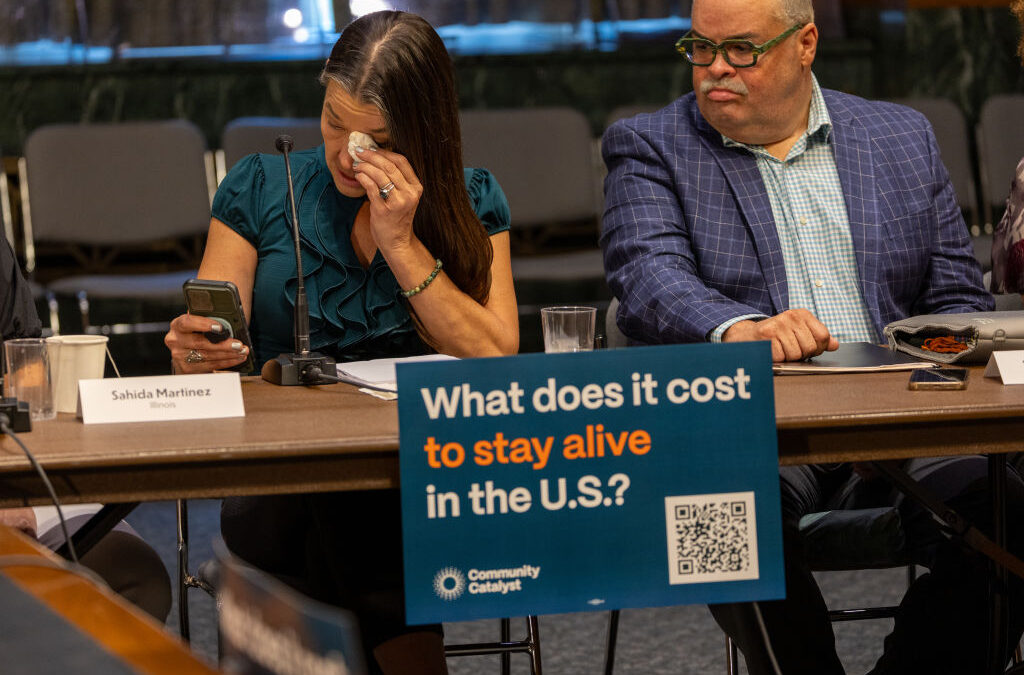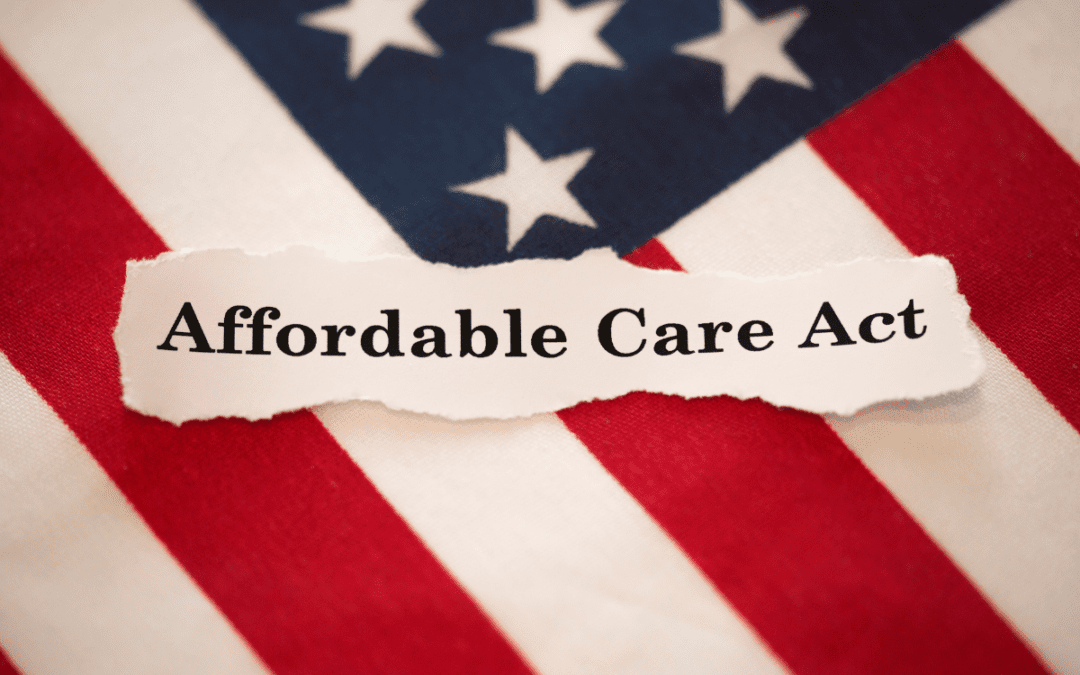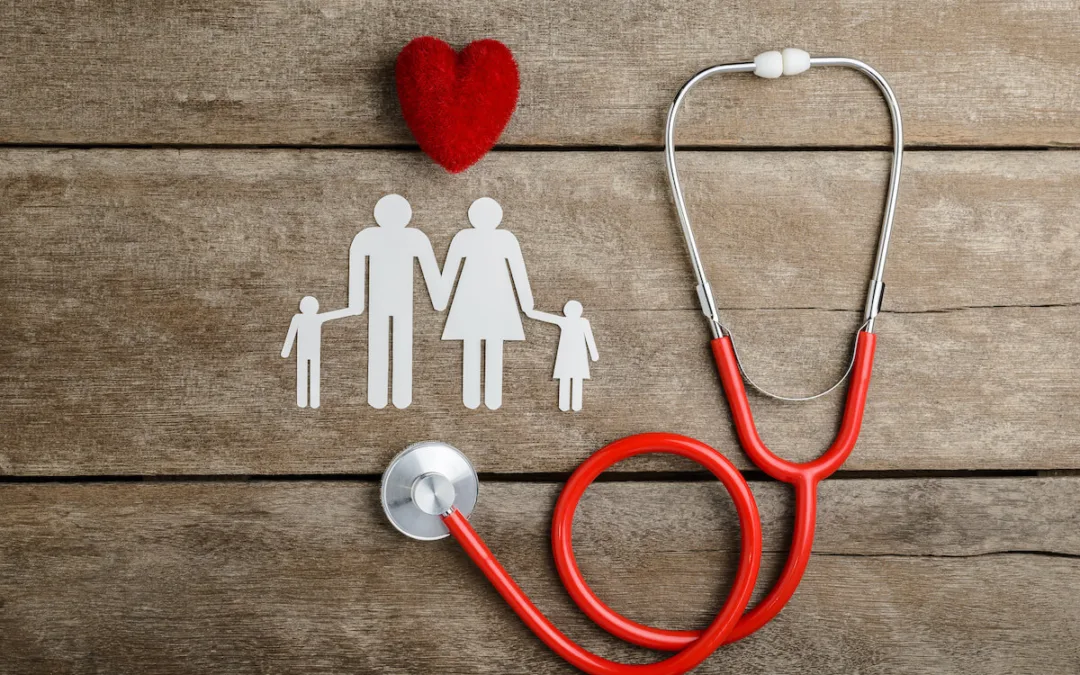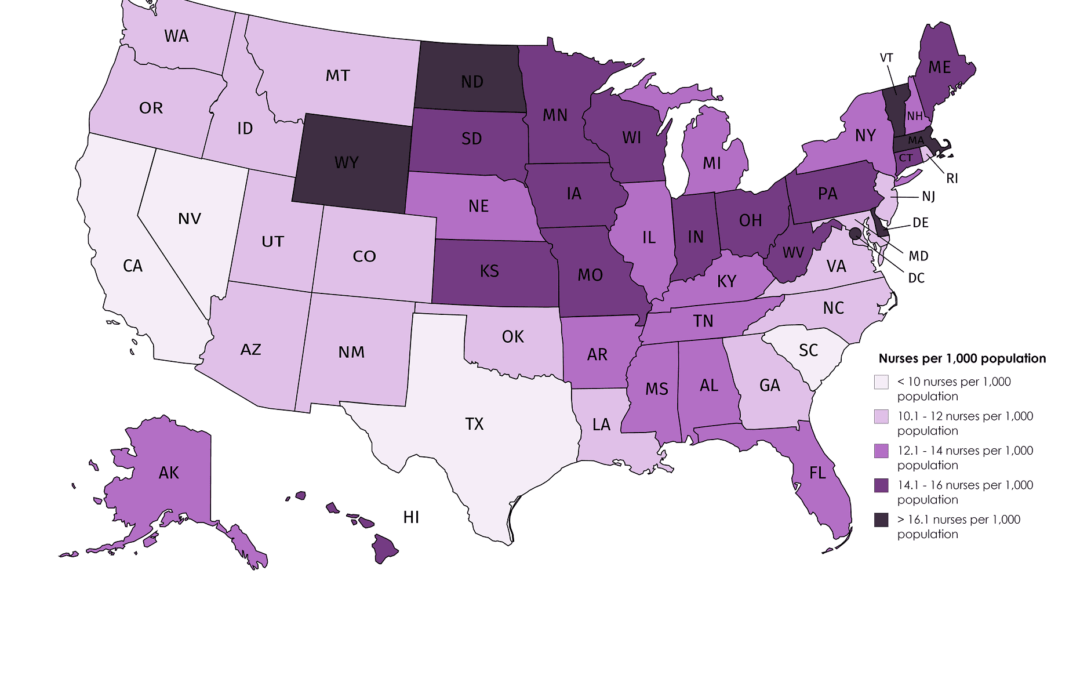Traveling the country, they tell the real life-or-death situations that they faced because of extreme bans after the repeal of Roe v. Wade.


Traveling the country, they tell the real life-or-death situations that they faced because of extreme bans after the repeal of Roe v. Wade.

Health care advocates argue that hospitals could be doing a lot more to help patients who can’t afford care. The legislature has also played a role in denying affordable health care coverage to 90,000 people across the state.

Wisconsin Medical School student, Samantha Crowley, shares the importance of protecting the Affordable Care Act by re-electing pro-healthcare candidates.

The Affordable Care Act is doing what it promised. Be wary of politicians who promise to get rid of it.

Beyond my cancer diagnosis, I know the benefits of the ACA impact all Americans, even if they don’t have an ACA plan or health crisis.

According to the 2022 Wisconsin Hospital Association report, in 2016, 6% of registered nurse positions and 9% of certified nursing assistant positions were open. Last year, those numbers jumped to 11% and 17%, respectively. At this rate, Wisconsin is projected to be short almost 20,000 registered nurses by 2035.

Strengthening BadgerCare and providing a public option would lower costs and provide more stable health insurance coverage for families.

Voters in both swing states are getting messages about the president’s accomplishments on drug prices, insulin price caps, and closing corporate tax loopholes.

The Inflation Reduction Act ended 30 years of taxpayers not being able to use their buying power to get lower prices from big drug companies.

Wisconsin is one of only 10 states yet to accept federal funds to provide more families with consistent, affordable healthcare coverage. When I first started working as a rural public health nurse, 40 years ago, I’d get calls from folks saying things like: “Could you...